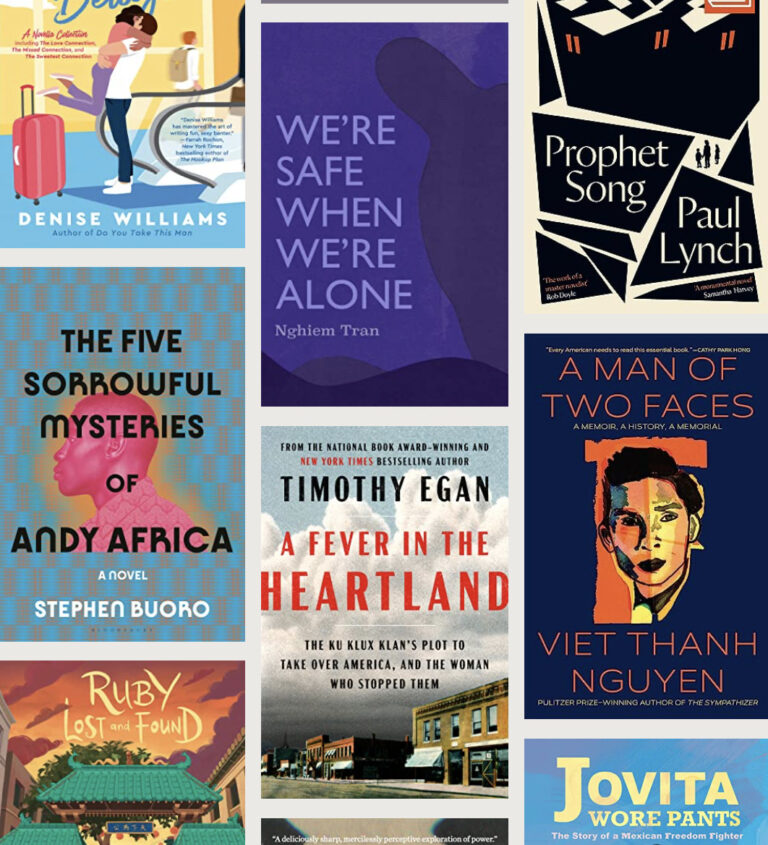Kate Tuttle reviews The Committed for The Boston Globe.
After Viet Thanh Nguyen won the Pulitzer Prize for his 2015 novel, “The Sympathizer,” his life got exponentially busier. Work on his next novel, “The Committed,” which comes out this month, was often interrupted. Still, said Nguyen, who is also a professor at USC, “I can’t complain about having my life disrupted in that way.”

The new book is a sequel to “The Sympathizer,” in which the first book’s main character is no longer a spy but now a refugee plunged into an underworld of drugs, criminals, violence, and gangsters. It was a lot of fun to write, said Nguyen. “I always enjoyed reading novels about nefarious doings, whether it’s spies or criminals or gangsters or the cops and agents who chase them.” Writing one, he added, “allowed me to imagine those adventures and misadventures.”
“The Committed” is also a novel of ideas (characters quote and debate Césaire, Fanon, and Camus) and one filled with humor — despite and sometimes during some truly horrific scenes of violence and torture. Nguyen admires comedians like Dave Chappelle and Richard Pryor, who mine the same territory. “Satire, humor, and absurdity are all really powerful tools that the less powerful and the exploited can use against the more powerful and those who exploit them,” Nguyen said. “That’s part of the project of these novels, to get us to laugh at the stupidities of the powerful, and to recognize that these stupidities can have really damaging consequences on the less powerful.”
Although it’s set in 1980s Paris, Nguyen added, he hopes the book will remind readers of issues still relevant today. “The questions around racism and colonialism that this book raises — the issues of dispossession, of exploitation, hypocrisies between ideals and what those in power actually do — remain,” he said. “The political, economic, psychological, and cultural structures of colonialism still continue.”


